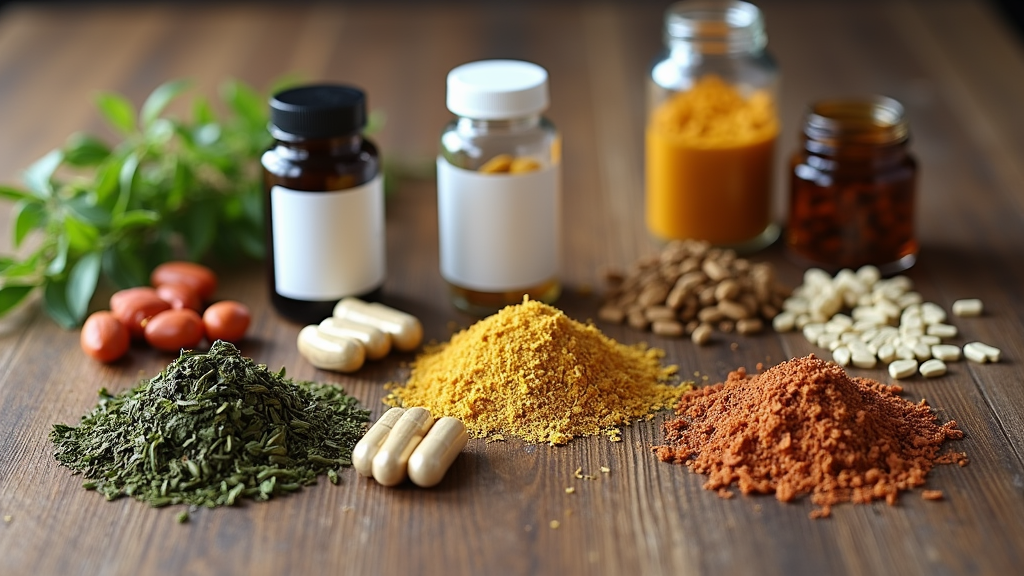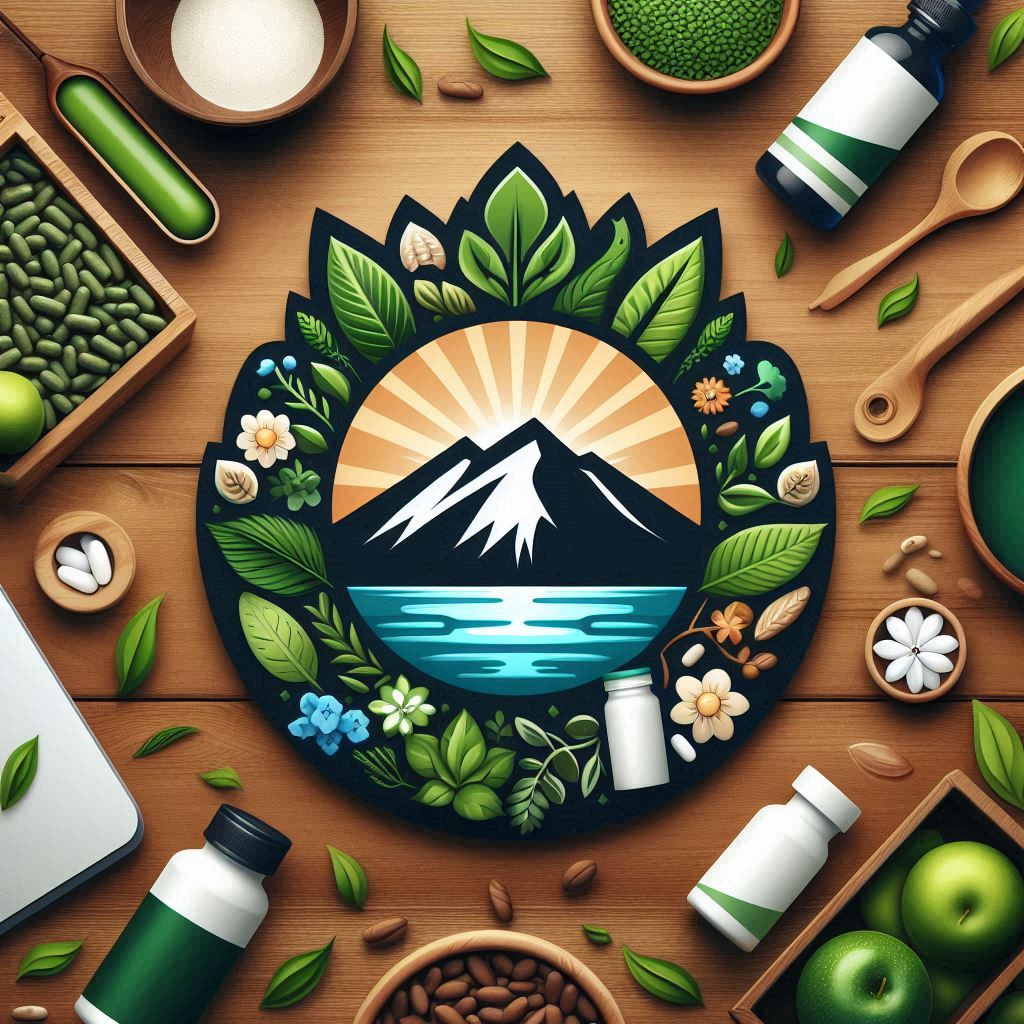
Herbal supplements have built up a strong following because of their long-established use in different traditional medicine systems. Folks turn to these natural products for everything from supporting energy and fighting off colds to lowering stress and getting better sleep. The big question is whether these plantbased capsules, powders, and teas actually work, and whether they’re safe to put to use. Research is far from unanimous, so let’s check out what the science says about herbal supplements and weigh the benefits and risks.
Understanding Herbal Supplements
Herbal supplements are crafted from plants or their parts, like roots, leaves, seeds, or flowers. They’re commonly available as capsules, tablets, teas, tinctures, powders, and liquid extracts. The goal is to bring some helpful part from the plant—like antioxidants or certain plant compounds—directly into your body to give it a natural boost. Since most herbal products are labeled “dietary supplements,” you can pick them up pretty easily at stores or online without a prescription, making them super accessible for most folks.
The compounds in these herbs often have deep roots in traditional systems. For instance, turmeric is a big part of Ayurvedic and Chinese medicine, while echinacea has been used by Native Americans for centuries. Modern supplement makers often process these plants to concentrate their active ingredients, but this also means you could be getting a much stronger product than you would from a traditional tea or food source. Because of these differences, it’s important not to assume that all herbal supplements are equally safe, or that traditional use guarantees modern results.
Popular Herbal Supplements and What Research Says
Echinacea
Echinacea is a staple on pharmacy shelves, especially during cold and flu season. People use it hoping to spend fewer days feeling run-down or even to sidestep colds entirely. Some research suggests echinacea may slightly shorten the length of a cold if you take it as soon as you feel symptoms starting. However, plenty of solid studies report minimal to no effect. That means it might help certain folks, but it’s far from a guaranteed fix.
Ginkgo Biloba
Ginkgo Biloba is most famous for the idea that it boosts memory and helps with brain power. Early studies hint at mild benefits for older adults looking to stay sharp, especially with steady use. But when researchers focus on more serious issues like dementia or Alzheimer’s, the evidence falls short. So, while ginkgo isn’t a miracle solution for memory, some people say it helps them keep mentally on point.
Turmeric (Curcumin)
Turmeric is renowned as a natural helper for sore joints and inflammation. Curcumin, its main active part, gets a lot of love for being an antiinflammatory, especially for folks with arthritis or some lingering health troubles. Research backs up these claims, but with a catch: curcumin is hard for the body to absorb. Formulas with black pepper extract (piperine) or enhanced delivery systems can give curcumin’s effect a noticeable boost.
St. John’s Wort
St. John’s Wort is a big name for mild to moderate mood issues, like feeling down or anxious. Studies have shown it beats a placebo and can come close to some prescription antidepressants for certain people. But watch out—St. John’s Wort messes with tons of prescription meds (from birth control to blood thinners), making doctor input absolutely crucial before starting.
Ashwagandha
Ashwagandha has gained popularity as an adaptogen, meaning it can help your body roll with the punches when life gets stressful. Current research shows that ashwagandha can help bring down stress hormones like cortisol, and many users report fewer anxious feelings and better sleep. It’s a solid pick for those dealing with everyday stress and restlessness.
Safety, Quality, and Regulation
Herbal supplements don’t undergo the same strict checks for safety or effectiveness as prescription drugs. In the U.S., the FDA treats these products as food, not medicine, so companies are responsible for safety, but they don’t have to show proof before store shelves are stocked. This means that:
- Quality Differences: Brands can vary wildly, and even individual batches might give you more or less of what’s advertised, or even use the wrong part of the plant.
- Contamination Risks: Some independent tests have found unwelcome extras in herbal supplements, like heavy metals, leftover pesticides, or even traces of prescription medicines.
- Drug Interactions: Some herbs—like St. John’s Wort and ginkgo—can change how your regular medications work, possibly creating accidental side effects or lowering the effectiveness of your prescriptions.
Whenever I shop for these products, I double-check the label and go for options with third-party certification, like USP or NSF. That extra layer of testing helps dodge some of these quality hazards.
How to Use Herbal Supplements Safely
- Always ask a healthcare provider (such as your doctor or pharmacist) before jumping into any herbal supplement, especially if you’re already taking medication, are pregnant, or have any underlying health conditions.
- Choose established brands that offer lab testing and explain exactly what’s inside their products.
- Start off with a small dose to see how your body reacts, and stay alert for anything strange, such as headaches, rashes, or digestive issues.
- Never swap out herbal supplements for proven treatments for serious illnesses—use them as an extra, not a replacement.
Tracking signs your body gives you is important, too. If you spot anything unusual or feel worse, stop taking the supplement and check in with your healthcare provider to make sure it’s safe for you.
What Researchers Are Still Figuring Out
Researchers around the world constantly release new findings on herbs. Clinical trials sometimes look promising for things like curcumin as an antiinflammatory, or ashwagandha to take the edge off stress, but results can be inconsistent. Important factors—including which part of the plant is used, the method of preparation, and the dosage—can all switch up a supplement’s effects. There is no universal answer, and a lot depends on individual body chemistry and exactly which product you try.
Standardization is another roadblock. Two bottles advertising “500 mg of Echinacea” might actually give you different amounts of useful compounds. This could explain why one person raves about great results while someone else notices nothing at all. Until more guidelines or regulations are in place, you have to do some homework and keep communication open with healthcare professionals.
Final Thoughts
Herbal supplements mix generations of traditional knowledge with modern hopes for safe, natural health support. Some uses are backed by research—look at turmeric and St. John’s Wort as prime examples—but the proof isn’t always clear, and using these products with confidence depends on several factors, such as brand consistency and knowing about interactions. If you want to try an herbal supplement, doing your homework first helps you make solid choices and steer clear of surprises. Make it a team effort with your healthcare provider for advice, and go for brands that don’t hide their ingredient info. With the right approach, there’s a good chance you’ll stumble upon a supplement that really fits your needs and goals.
